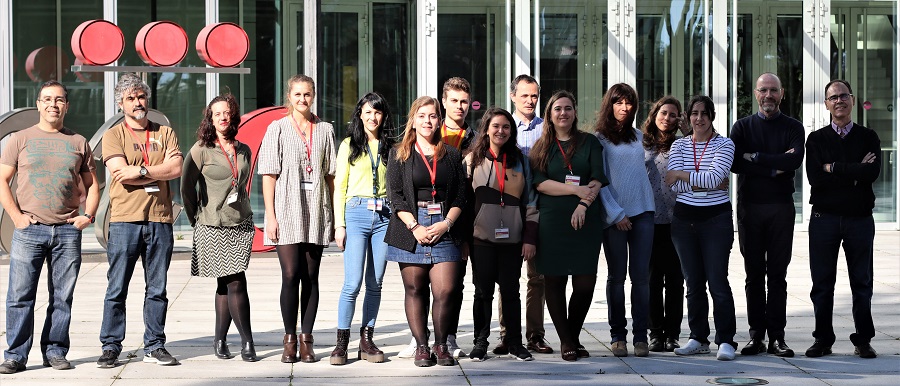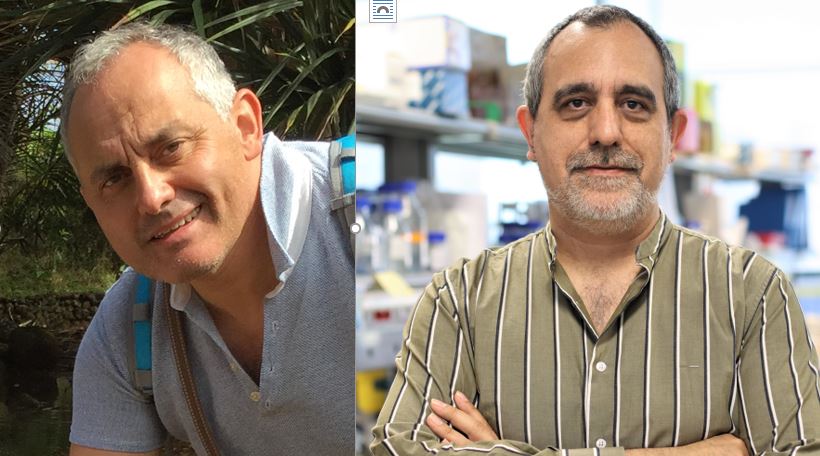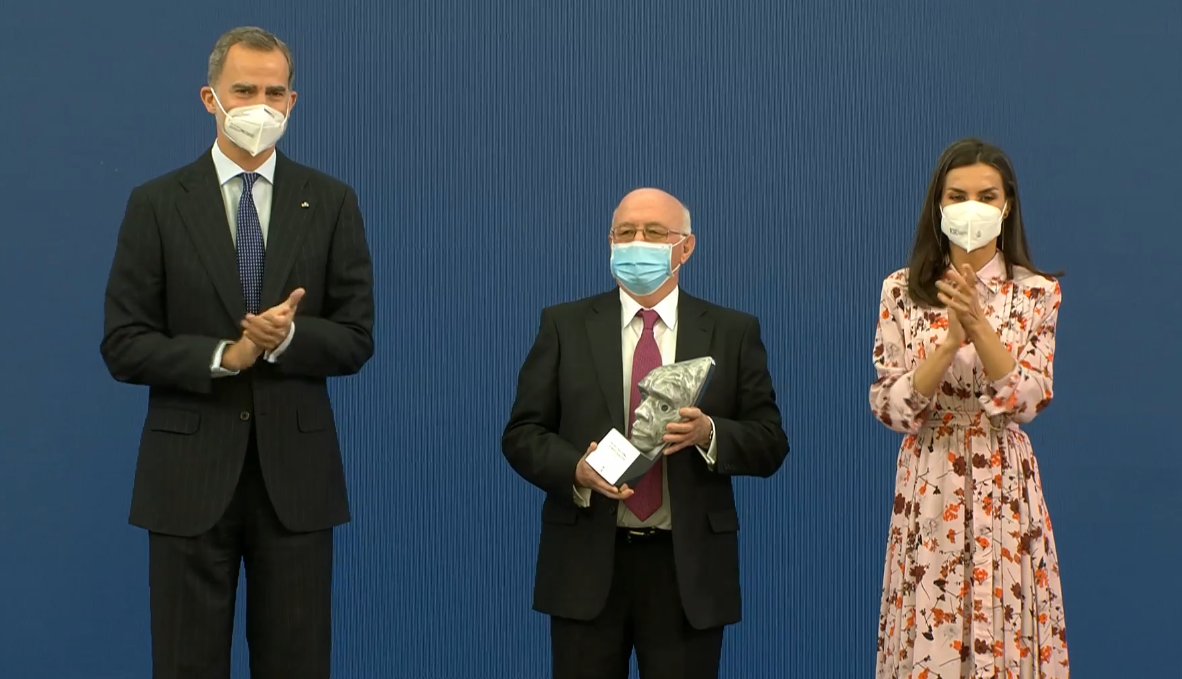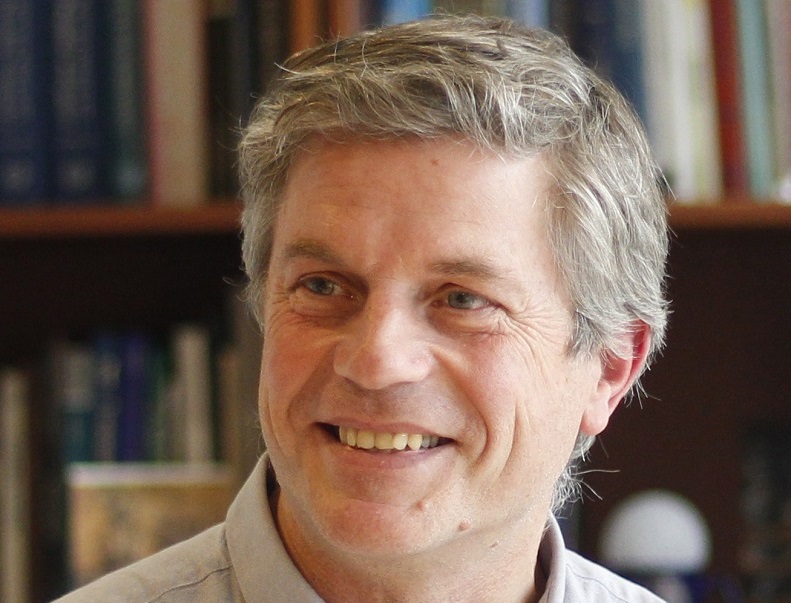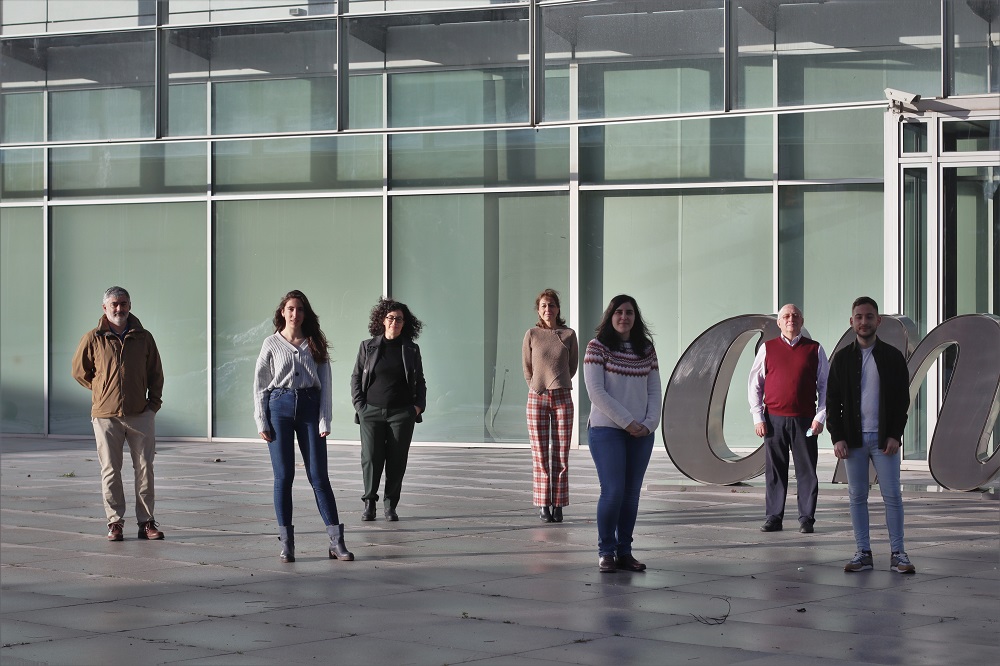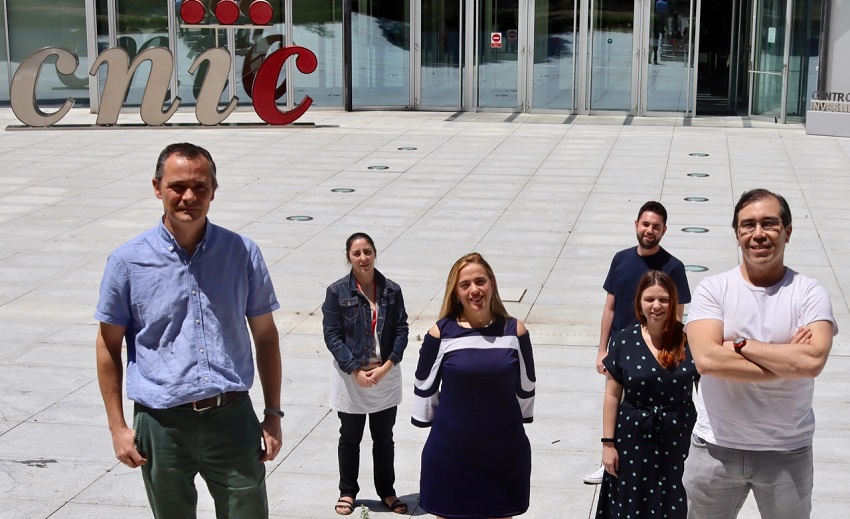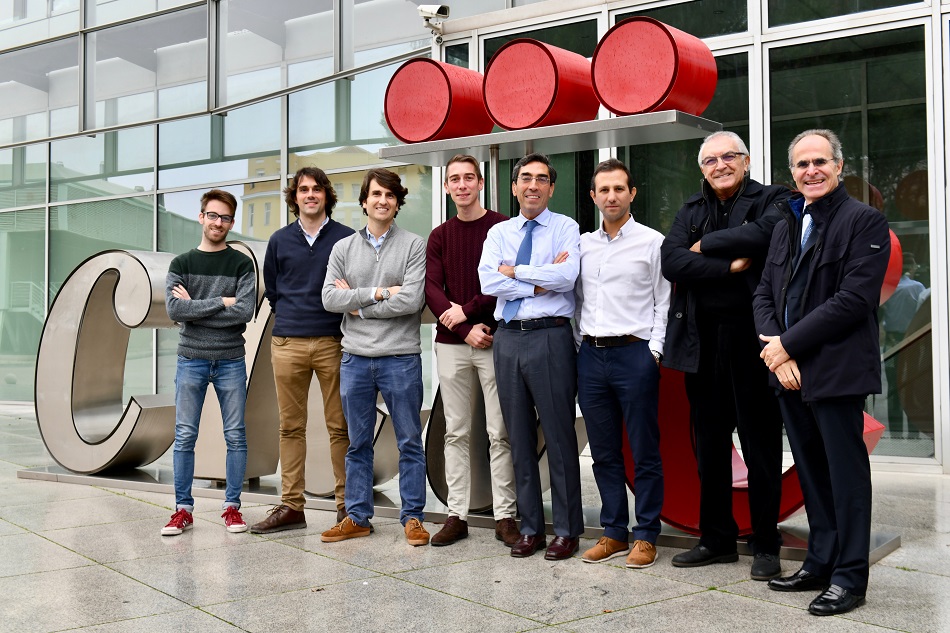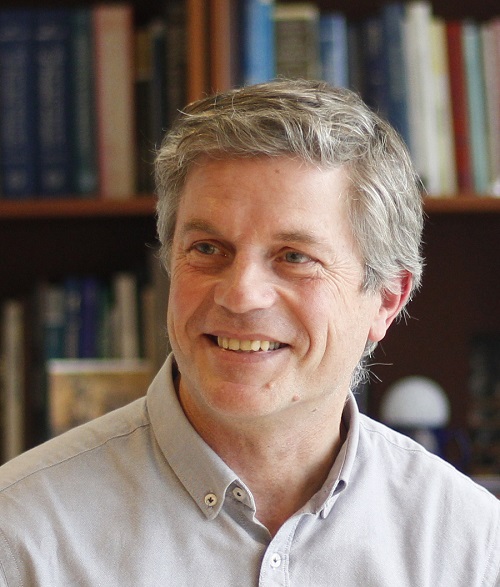News search
|
About the CNIC 9 Jun 2021 The study, published in Nature in 2019, revealed relevant data about the involvement of the protein p38gamma in the development of the main type of primary liver cancer, which affects over a million people a year worldwide |
|
About the CNIC 8 Jun 2021 Dr Enríquez and Dr del Pozo Muñoz join their colleagues Dr Miguel Torres, Dr Pura Muñoz and Dr Francisco Sánchez Madrid, bringing to five the number of CNIC members in EMBO |
|
About the CNIC 18 May 2021 The Spanish National Prizes for Research, created in 1982, are the most important awards in Spain in the area of scientific research. |
|
About the CNIC 10 May 2021 Dr. Torres is a member of the European Molecular Biology Organization (EMBO). Dr. Miguel Torres’s scientific research focuses on the regulation of embryonic development and the formation and regeneration of organs. |
|
Research 3 Feb 2021 Researchers at the CNIC have discovered that dendritic cells, which initiate specific immune responses, can reprogram their genes to improve their immune response |
|
Research 3 Dec 2020 A new study published in Science Advances identifies the role of the cytosolic chaperone protein CCT in the reorganization of the cytoskeleton during the formation of an immune synapse |
|
Research 30 Jun 2020 CNIC scientists have designed an animal model to study the development of liver cancer caused by bile acids |
|
Research 16 Dec 2019 The study, published in Europace, uses signals from implantable devices—pacemakers and defibrillators—to analyze electrical signals in the heart during episodes of atrial fibrillation |
|
About the CNIC 12 Jun 2019 EMBO promotes excellence in scientific research, and one of its major goals is to support talented researchers at all stages of their careers |
|
Research 23 Apr 2019 New study proves educating young children on health and fitness is effective |
- ‹ previous
- 3 of 6
- next ›
